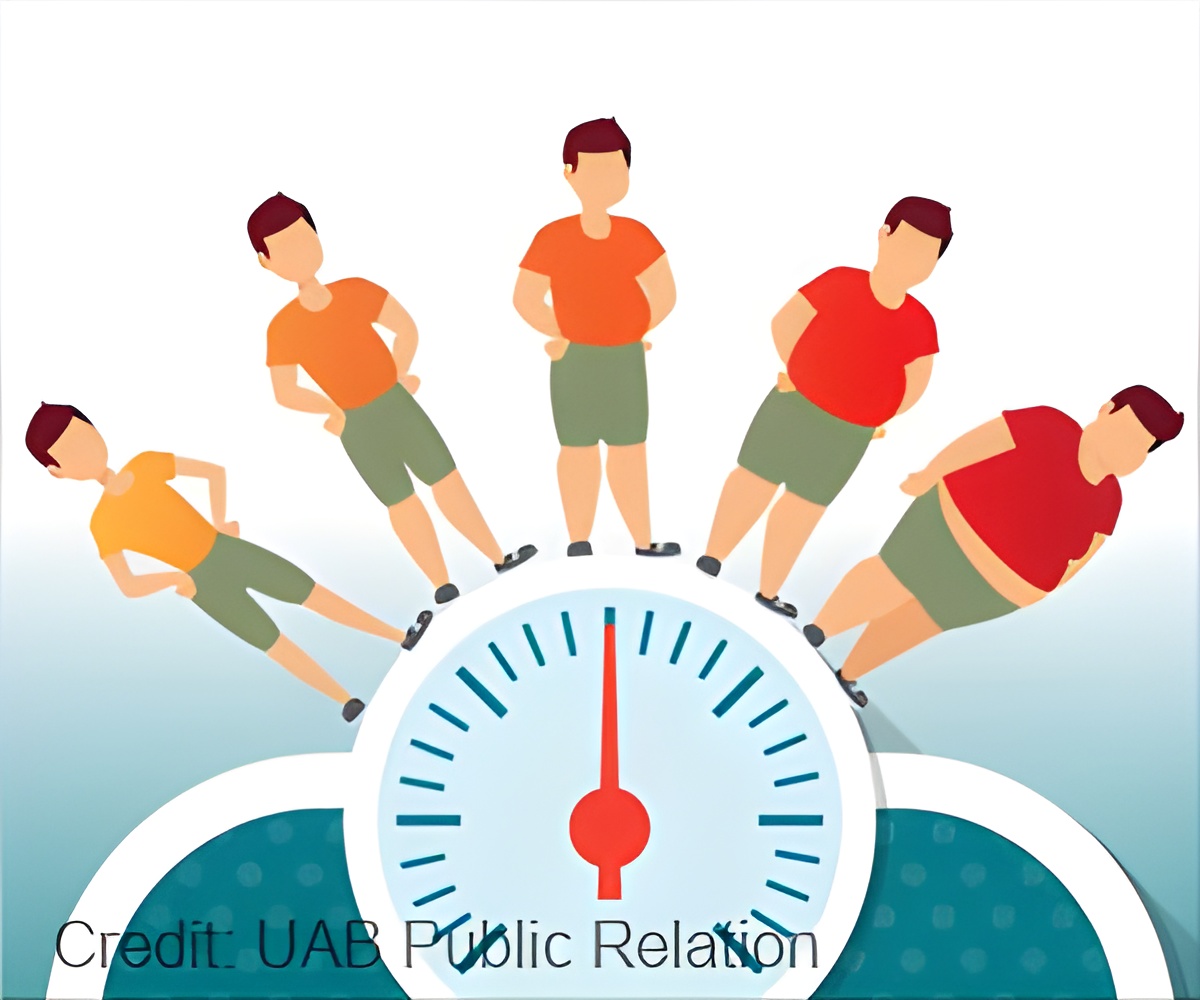Government programs to tackle childhood obesity should encourage healthy weight loss and reduce the burden of weight stigma.

‘Childhood obesity programs need to be well-structured to encourage healthy weight loss and reduce the burden of weight stigma.’
Read More..




The UK Government’s National Child Measurement Programme (NCMP) records the height and weight of school children in England, gathering data to understand long-term trends in childhood obesity and inform national and local initiatives. Through the NCMP, children of primary school age are weighed and measured at school by visiting health professionals. Their Body Mass Index (BMI) is calculated, and the results are issued to parents to advise whether their child has been categorized as ‘underweight’, a ‘healthy weight’, ‘overweight’ or ‘very overweight’. Read More..
The Queen Mary study is the first to focus on the experiences of children and parents who were given a categorization of ‘overweight’ or ‘very overweight’, by collating and examining published research on the programme. The researchers’ analysis showed that these families expressed significant concerns about the potential for harmful effects on their child’s mental health. For many, the programme marked a turning point in the child’s awareness of body weight; altering their relationship with food and changing how they related to peers.
Does Taking Part in Weight Loss Program Affect Mental Health in Obese Children?
Taking part in the National Child Measurement Programme was an emotionally significant moment for many children who were told they were above a healthy weight. Those children reported feeling anxiety and embarrassment about the weighing process, the result, and the potential for weight-related teasing. Some parents dismissed the result.Many parents expressed concern that the potential for mental health disorders, eating disorders and unhealthy dieting behaviors in the future was “far more dangerous than the weight itself,” and their priority was the child’s happiness. These concerns are not unfounded – the study cites an analysis of the impact of weight-related conversations on children, which found that being encouraged to lose weight, teasing, and weight-related criticism were associated with poorer self-perceptions, increased dieting, and dysfunctional eating behaviors.
Further research is needed to understand whether parents’ concerns are being borne out in the long term, and to find ways to mitigate any negative effects of the programme. In some areas of England, efforts have been made to change the wording of the results letters issued to families, for example to avoid using stigmatizing words like ‘overweight’ and ‘obese’. But these measures are locally driven and vary across the country.
The Queen Mary authors say policymakers need to thoroughly consider the questions that their findings raise: is the National Child Measurement Programme in its current form causing some children harm, how can this be mitigated, and how does it balance against the positive use of the data the programme produces? The NCMP generates valuable insights, but it requires policy and actions - beyond those that can be taken by families acting alone - to halt and reverse the rising proportion of children who are overweight or obese.
Is Childhood Obesity Linked to Child Poverty?
Childhood obesity levels are high, increasing, and strongly linked to child poverty. There is little evidence that initiatives to change the behavior of individual families are successful in reducing childhood obesity at a population level. Policy approaches to tackling obesity, including the soft drinks industry levy, and extending eligibility for free school meals as recommended in the National Food Strategy independent review, may be much more ethical and effective.Advertisement
“Many parents have legitimate concerns about the impact the National Child Measurement Programme might have on children’s self-perception and food practices as they grow older. More research is needed to understand whether these concerns are borne out in the long term and to find ways to mitigate them if the programme is to continue.
“To improve child health, the government must act on the evidence the NCMP and other sources are producing. We know that childhood obesity is a strong indicator of child poverty. Without meaningful regulation of the food industry or measures to address poverty, parents will be unsupported in their efforts to help children live healthier lives.”
Advertisement














